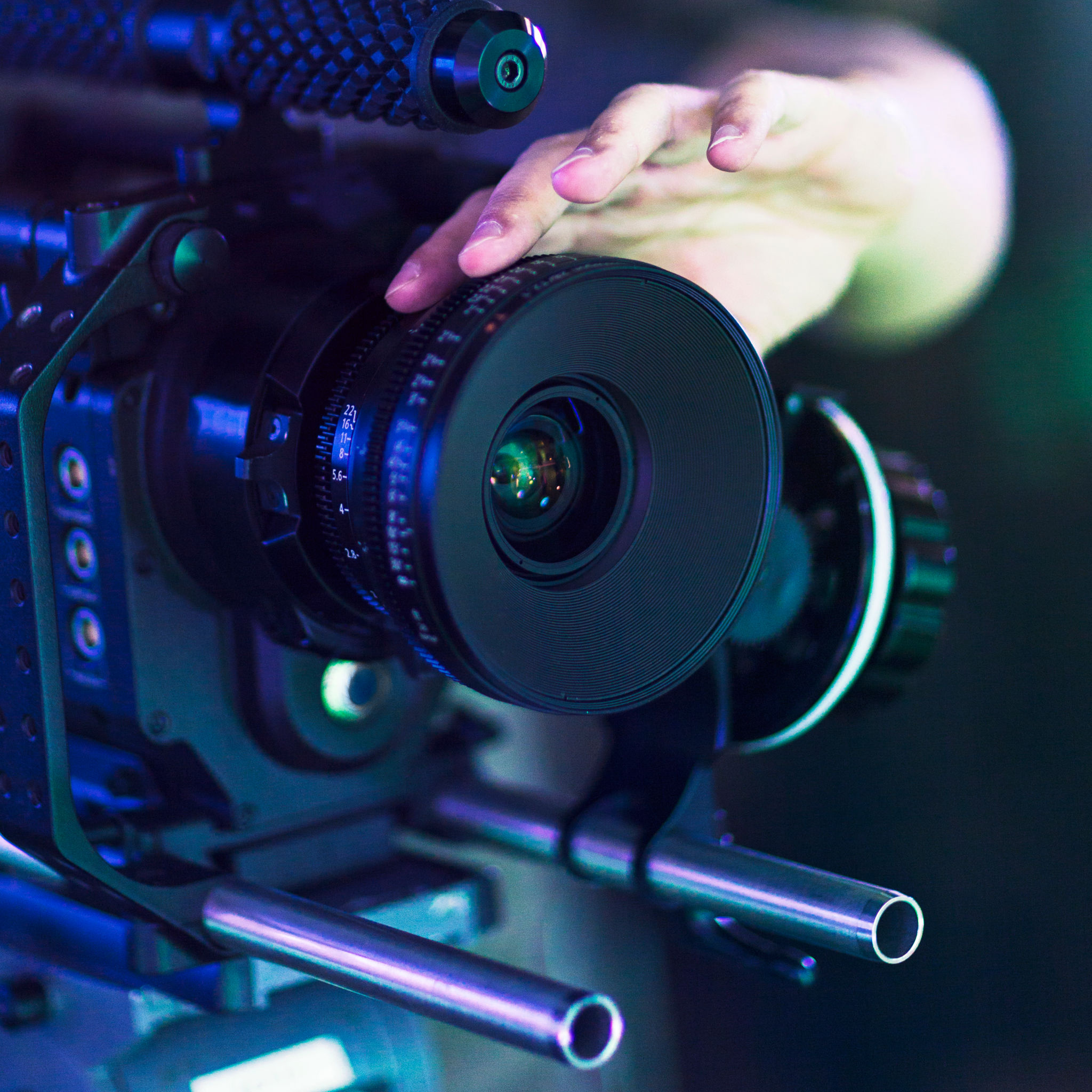Mastering the Art of Directing: Insights from Hollywood’s Top Directors
Understanding the Director's Role
In the world of filmmaking, the director is often seen as the visionary leader who brings a script to life. They are responsible for shaping the film’s creative and dramatic aspects, guiding the technical crew and actors to achieve their vision. Mastering the art of directing requires a unique blend of creativity, leadership, and technical knowledge.
Directors must have a deep understanding of storytelling, camera work, and actor dynamics. They are tasked with making critical decisions that affect the overall tone and pace of a film. This is why many directors are involved in every stage of production, from pre-production to post-production.

Learning from Hollywood's Best
Hollywood has produced some of the most iconic directors in cinematic history, each with their own distinct style and approach. Learning from these masters provides invaluable insights into the craft of directing. Directors like Steven Spielberg, Martin Scorsese, and Quentin Tarantino have set benchmarks in storytelling and visual style.
Spielberg is known for his ability to blend commercial appeal with artistic integrity, creating films that resonate with audiences worldwide. Scorsese’s meticulous attention to detail and character development has made him a legend in depicting complex narratives. Tarantino’s unique dialogue and nonlinear storytelling have redefined modern cinema.
Key Skills for Aspiring Directors
To succeed in directing, aspiring filmmakers should focus on developing several key skills:
- Communication: Directors must clearly convey their vision to cast and crew.
- Problem-solving: On-set challenges require quick thinking and creativity.
- Adaptability: Being open to change and willing to embrace new ideas is crucial.
Understanding these skills and honing them over time can significantly enhance a director's ability to lead a successful production.

The Importance of Collaboration
While the director holds a pivotal role, filmmaking is inherently a collaborative process. Directors work closely with screenwriters, producers, cinematographers, and editors to ensure that each element aligns with their vision. This collaboration extends to the actors who bring characters to life on screen.
Building strong working relationships with team members can lead to a more harmonious and effective production environment. Directors must also be open to feedback and willing to incorporate suggestions that improve the film.
Overcoming Challenges in Directing
Directing is not without its challenges. Filmmakers often face budget constraints, time pressures, and logistical hurdles that can impact production. Successful directors learn to navigate these obstacles by maintaining a clear vision and staying committed to their goals.
One strategy for overcoming challenges is meticulous planning during pre-production. This phase allows directors to outline their vision and address potential issues before they arise. Additionally, maintaining flexibility during production can help directors adapt to unforeseen circumstances.

The Evolution of Directing Techniques
The art of directing has evolved significantly over the years, influenced by technological advancements and changing audience preferences. Modern directors have access to cutting-edge tools such as CGI, drones, and advanced editing software that allow for more dynamic storytelling.
Embracing these technologies can enhance a director’s ability to create visually stunning films that captivate audiences. However, it is essential for directors to balance technological innovation with strong narrative elements to create truly memorable cinema.
Pursuing a Career in Directing
For those interested in pursuing a career in directing, there are numerous paths available. Film schools offer structured programs that provide technical training and hands-on experience. Alternatively, aspiring directors can gain experience through smaller independent projects or internships on larger productions.
Networking within the industry is also crucial for finding opportunities and learning from seasoned professionals. Building a portfolio of work that showcases diverse skills and creativity can help aspiring directors stand out in this competitive field.
The Future of Film Directing
As the film industry continues to evolve, so too will the role of the director. Emerging technologies such as virtual reality and augmented reality present exciting new possibilities for storytelling. Directors who embrace innovation while staying true to traditional storytelling principles will shape the future of cinema.
The next generation of filmmakers will undoubtedly bring fresh perspectives and ideas that challenge conventions and push the boundaries of what is possible on screen. By learning from Hollywood’s top directors and continuously refining their craft, aspiring directors can make a lasting impact on the world of film.

